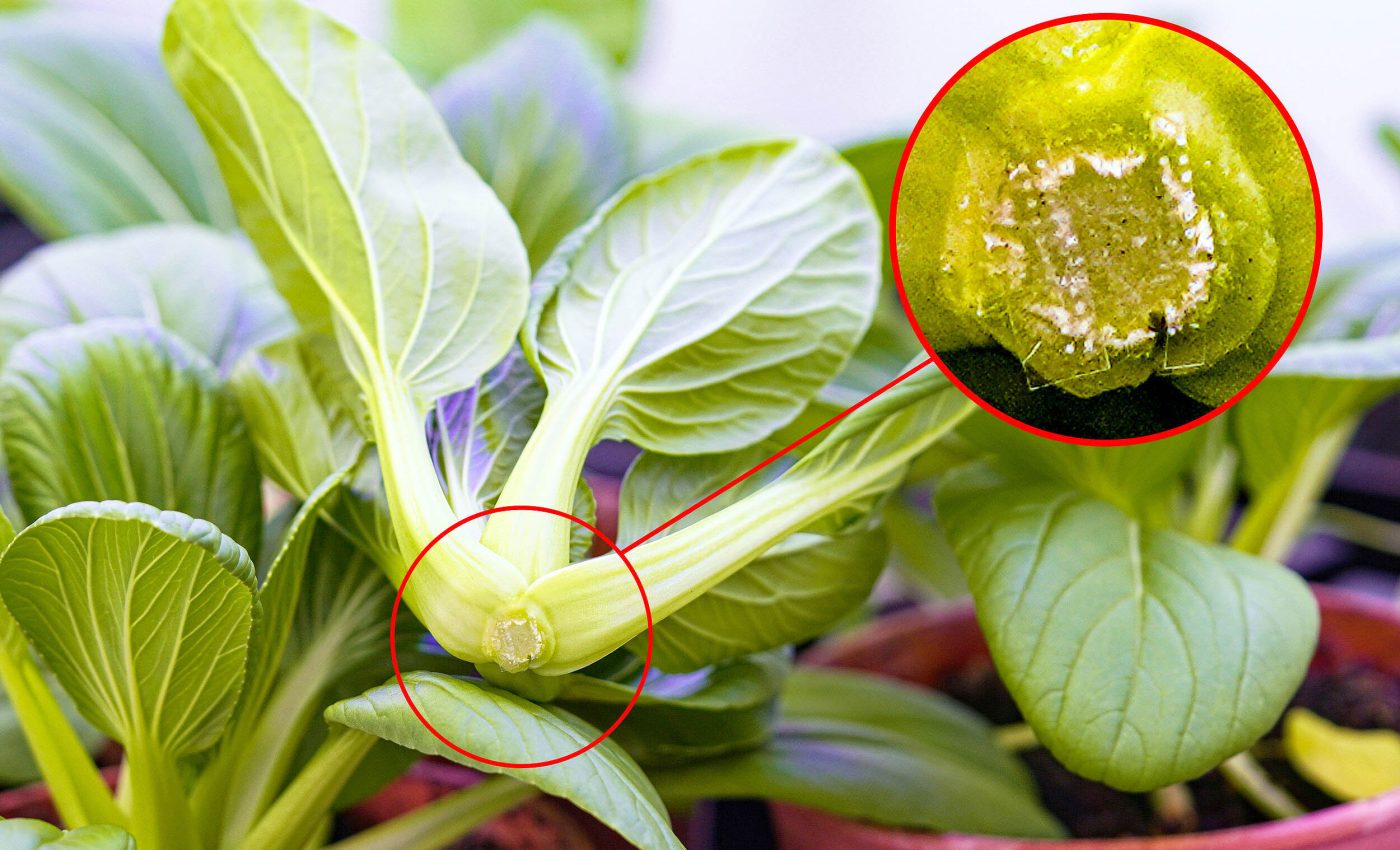
Food tech: Microneedles injections of a sleep hormone keeps fruits and veggies fresh much longer
After leafy vegetables and fruits are picked from the ground, they start to go bad pretty quickly, unless they’re kept cold. That’s a big reason why roughly 30% of our food ends up wasted and thrown in the garbage to rot.
This equates to approximately 1.3 billion tons of food annually – enough to feed more than one billion people each year.
While refrigeration helps, it isn’t always available. Many parts of the world lack the infrastructure to keep crops fresh during transport and storage. This reality makes reducing food waste a global challenge.
Keeping crops fresh longer
Researchers from the Massachusetts Institute of Technology (MIT) and the Singapore-MIT Alliance for Research and Technology (SMART) have come up with a unique way to address this issue.
The experts use biodegradable microneedles made from silk to deliver melatonin – yes, the same compound that helps us sleep – into crops after harvest. These microneedles can pierce the tough outer layer of plants without triggering stress.
Benedetto Marelli is the study’s senior author and an associate professor of civil and environmental engineering at MIT.
“This is the first time that we’ve been able to apply these microneedles to extend the shelf life of a fresh-cut crop,” he said.
The team targeted pak choy, a popular and highly perishable leafy green. Injecting melatonin at the plant base extended shelf life by four days at room temperature and ten days when refrigerated.
Melatonin’s plant power
Melatonin isn’t just for sleep – it plays a role in plant growth and aging too. The researchers tested whether introducing small doses of the hormone could slow the plant’s natural senescence, or aging process.
“The dose of melatonin we’re delivering is so low that it’s fully metabolized by the crops, so it would not significantly increase the amount of melatonin normally present in the food,” Marelli said.
“We chose pak choy because it’s a very important crop in Asia, and also because pak choy is very perishable.”
The researchers used fluorescent dye to show that substances delivered at the plant base reached all tissues. They then applied melatonin using sprays and dips but found no impact. That’s when the microneedles came in.
Treated fresh crops last longer
When researchers applied the melatonin-loaded patches by hand to the shoot base of pak choy and monitored changes over time, the results were clear.
Untreated plants started yellowing within two to three days. By day four, they were no longer suitable for sale. Treated plants stayed green longer – still looking fresh on day five and even into day eight at room temperature.
“We clearly saw we could enhance the shelf life of pak choy without the cold chain,” Marelli said.

Refrigeration made the results even more dramatic. The treated vegetables maintained their color and quality up to day 25 – about five days longer than untreated ones.
Monika Jangir is co-first author and a former postdoc at the Temasek Life Sciences Laboratory.
“Spectrophotometric analysis of the plants indicated the treated plants had higher antioxidant activity,” she said.
“While gene analysis showed the melatonin set off a protective chain reaction inside the plants, preserving chlorophyll and adjusting hormones to slow senescence.”
Less stress, less waste
By helping the plant cope with the stress of being cut, melatonin keeps it alive and fresh longer.
Yangyang Han is co-first author and a research scientist at the Disruptive and Sustainable Technologies for Agricultural Precision (DiSTAP) interdisciplinary research group at SMART.
“We studied melatonin’s effects and saw it improves the stress response of the plant after it’s been cut, so it’s basically decreasing the stress that plants experience, and that extends its shelf life,” she said.
This method could be a game-changer in regions that don’t have reliable refrigeration. It may also open new doors in food logistics and global supply chains, where every extra day of freshness counts.
Sarojam Rajani, co-senior author of the study, is a principal investigator at the Temasek Life Sciences Laboratory in Singapore.
“Post-harvest waste is a huge issue. This problem is extremely important in emerging markets around Africa and Southeast Asia, where many crops are produced but can’t be maintained in the journey from farms to markets,” said Rajani.
Expanding to other produce
Although the current method is manual, researchers aim to use tractors, drones, or other machines for more efficient patch application in the future.
“For this to be widely adopted, we’d need to reach a performance versus cost threshold to justify its use,” Marelli explains. “This method would need to become cheap enough to be used by farmers regularly.”
The team is also planning to test other plant hormones and different fresh crops. Their goal is to not only extend shelf life, but possibly even improve texture, shape, and nutritional value.
“We’re going to continue to analyze how we can increase the impact this can have on the value and quality of crops,” said Marelli.
“For example, could this let us modulate the nutritional values of the crop, how it’s shaped, its texture, etc.? We’re also going to continue looking into scaling up the technology so this can be used in the field.”
With more research and development, these tiny silk needles could be a big step toward reducing food waste and getting more fresh produce to more people. One patch at a time.
The full study was published in the journal Nano Letters.
—–
Like what you read? Subscribe to our newsletter for engaging articles, exclusive content, and the latest updates.
Check us out on EarthSnap, a free app brought to you by Eric Ralls and Earth.com.
—–













